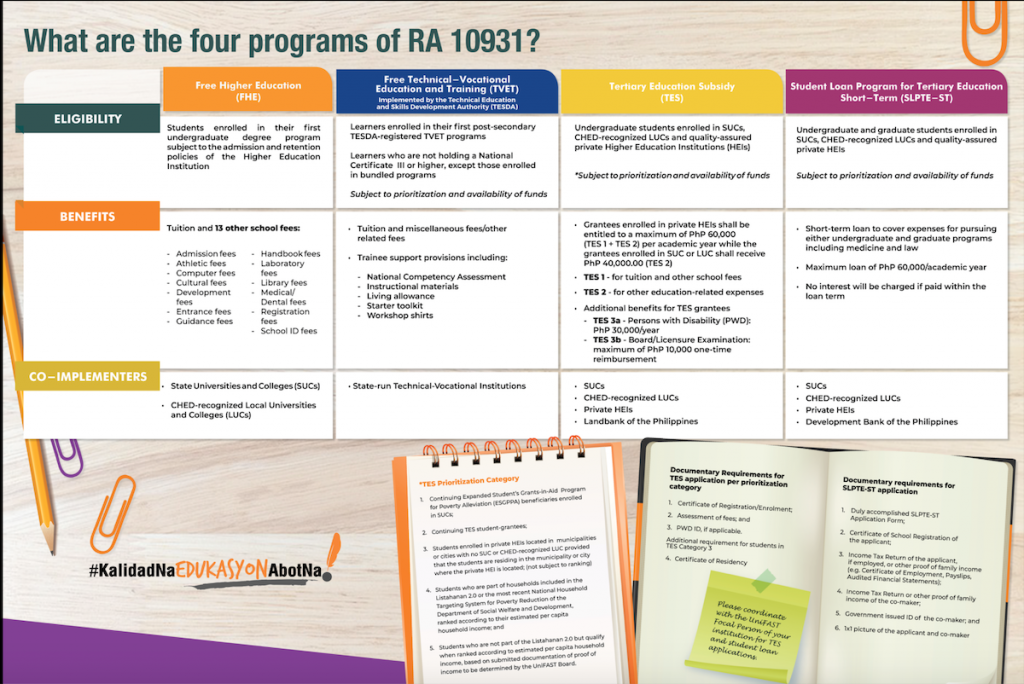Credit card is one of the most convenient things ever invented that made mankind’s life easier. Think about this: you don’t have to worry about bringing cash with you since you can shop using credit card. Paying for online purchases are also easier and convenient.
Here’s the thing: not everyone are given the opportunity to own a credit card. Even if you can prove your capacity to pay as evidenced by your overseas job, some credit card companies won’t readily issue a credit card for you. As a result, your application is declined.
You might have questions as to why, how, and what you can do to prevent this from happening. You might even wonder what you can do to improve your chances of getting that much needed approval.
In case of declined credit card application, here’s what you can do:
Check The Status Of Your Credit Card Application
Depending on the bank, application process takes between one and three weeks. In fact, some may take longer than usual. The waiting game can be stressful as well because of the uncertainties.
That being said, don’t hesitate to check the status of your credit card application. Calling the appropriate department could help, although a lot of banks are resorting to online inquiry. Check the bank’s policy regarding status update by visiting their respective websites.
Know Thy Reasons
Most credit card companies won’t tell you outright the reasons why your application was declined. Nonetheless, it’s okay if you ask possible reasons so you can make necessary adjustments next time.
Some of the most common reasons why an application is rejected are:
- Incomplete or incorrect information provided in the application form
- Low income, which means you might have a hard time paying off come due date
- Bad credit score, which is also the most common reason why a lot of people get declined
- Too much debt, such as personal loans or car loan
- Unpaid credit card bills, which is a red flag for all credit card companies
- Unstable job history
If you are guilty of any of these reasons, then there is a possibility that your credit card application will be rejected.
What should you do? The next sections will tell you what.
Don’t Re-Apply – Yet
You might be excited to apply for another credit card. DON’T – and here’s why.
First, it’s a bad sign. For credit card companies, the urgency and frequency of applying for a credit card sends a message that you are in need of money.
Second, it has a negative effect on your credit score. Every time you apply for a credit card, the credit card company will look into your credit history, which means all approved and declined credit card applications will reflect. The more they see rejection, the higher the chances of getting your application declined.
What should you do? Wait it out for three to six months before you apply again. During that time, make sure you do what it takes to improve your credit score, which will be discussed next.
Boost Your Credit Score
Credit score is an important factor when it comes to loan application. The higher the score is, the better chances of getting approved.
Since you got declined, take this as an opportunity to improve your score. Make sure you pay all of your bills on time. If you have outstanding credit card bills, then make an effort to settle them or at least lower the balance.
Avoid applying for loans, too, such as personal loan. This could hurt you credit standing because again, it signifies that you are in need of cash.
It will also help to increase your savings account. Having a bank account is a sign of being financially responsible, which is a big plus for credit card companies.
Look For Alternatives
Having a credit card is useful but if your application was declined several times, then you might want to consider other credit alternatives.
You can try getting a secured credit card. Instead of submitting tons of documents to prove your capacity to pay, you have to open a separate savings account or a time deposit, which will serve as your security or guarantee. The downside is that if you miss a payment, the bank can deduct the amount from that account, which also means you need to make sure that it has sufficient funds.
You can also consider getting a prepaid credit card. This is your typical credit card but with spending limit. Once your balance reached zero, you can no longer use it unless you top it up. This is an effective way to help you budget, especially if you still can’t go overseas for work.
Getting declined is fine. Use it as an opportunity to improve your credit standing so that when the time comes, you can apply for bigger loans like housing or business loan and get approved.

